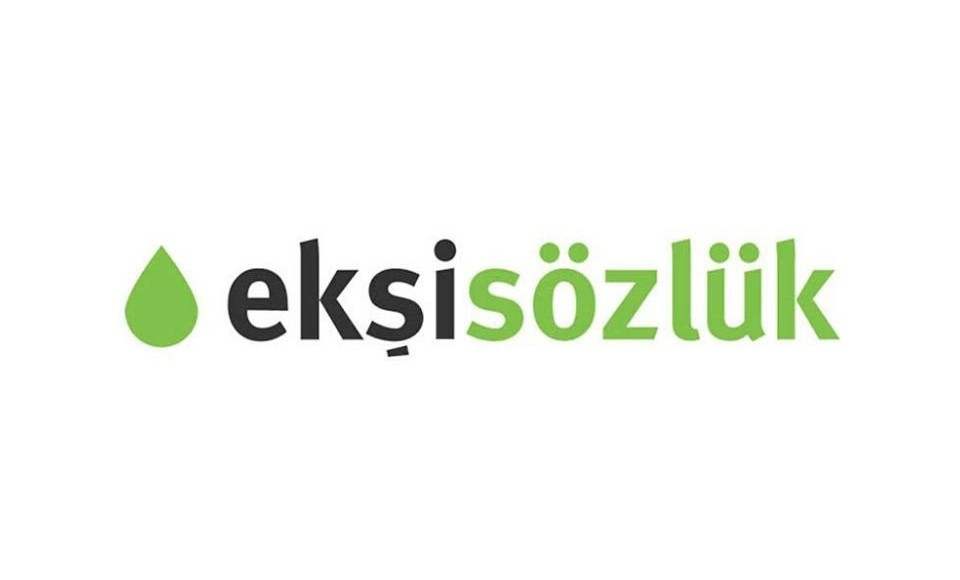An Ankara court has blocked access to an alternative website for Ekşi Sözlük, one of the country’s most popular social media websites, which had been launched to circumvent an access ban on the platform’s main website, the Free Web Turkey platform has announced.
Free Web Turkey, which monitors and fights against online censorship, announced on Thursday that access to eksisozluk1923.com website has been blocked by a decision of the Ankara 6th Penal Court of Peace for the “protection of national security and public order.”
The platform said Ekşi Sözlük, where users can anonymously post and discuss messages on any subject, will continue to operate under a new website, eksisozluk1999.com. Thursday’s ban was the second such ban imposed on the platform’s alternative websites. Another alternative website, eksisozluk42.com was also blocked earlier by a court.
Ekşi Sözlük’ün son alan adı olan https://t.co/U75QwRPqZ6 da “milli güvenlik ve kamu düzeninin korunması” gerekçesiyle Ankara 6. Sulh Ceza Hakimliğinin 14 Aralık tarihli kararıyla erişime engellendi.@sozluk, yayınlarına https://t.co/sK07Tn5DqZ adresi üzerinden devam edecek. pic.twitter.com/ylSTHFJHk2
— Free Web Turkey (@FreeWebTurkey) December 14, 2023
An access ban on Ekşi Sözlük’s main website, eksisozluk.com, was first imposed in February by Turkey’s Telecommunications Authority (BTK) for the “protection of national security and public order.”
After an Ankara court accepted an objection to the access ban filed by a lawyer representing Ekşi Sözlük and lifted it, another Ankara court considered another objection and upheld the decision to block access to Ekşi Sözlük in March.
The platform’s main website has remained inaccessible since then, which prompted it to operate under alternative websites.
Prof. Dr. Yaman Akdeniz, a faculty member at İstanbul Bilgi University law school who is an expert in IT law and also a cyber rights activist, said in a series of tweets at the time that the decision to ban access to Ekşi Sözlük was “final” and that it might take two to three years to lift it again.
This was not the first time the government has blocked access to popular social media platforms. Twitter, YouTube and Facebook have all been subjected to restrictions. Most recently, Twitter was blocked in the wake of the devastating Feb. 6 earthquakes after the government criticized disinformation on the platform.
Turkey, where internet freedom has steadily declined over the past decade, ranks among the “not free” countries concerning online freedoms, according to a report released by the US-based nonprofit Freedom House in October.


